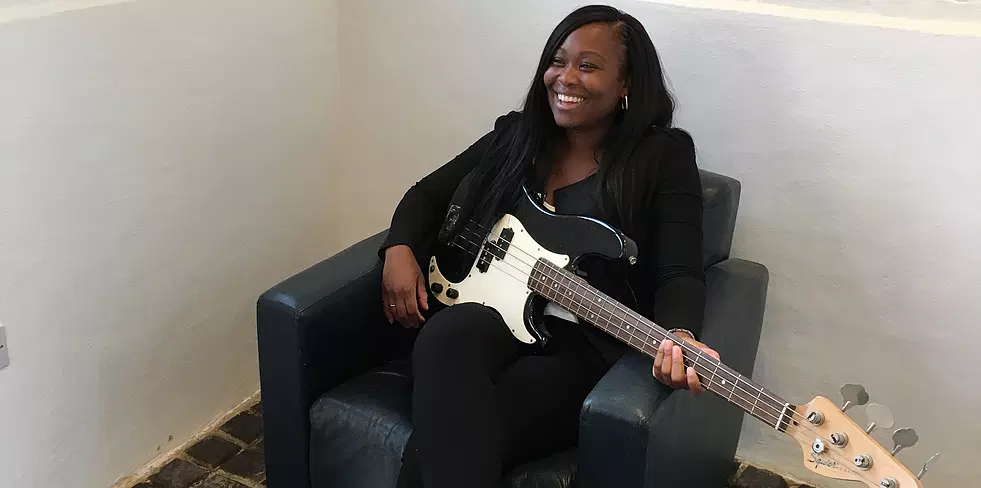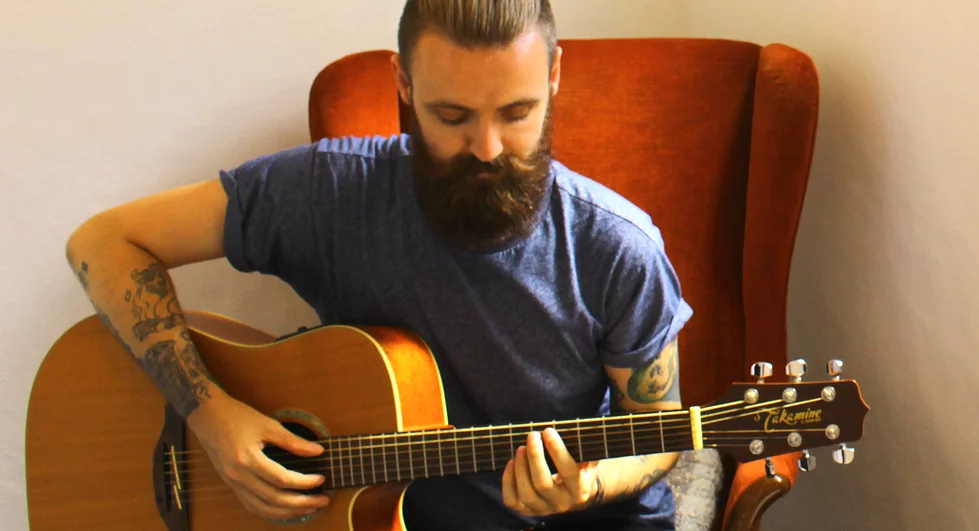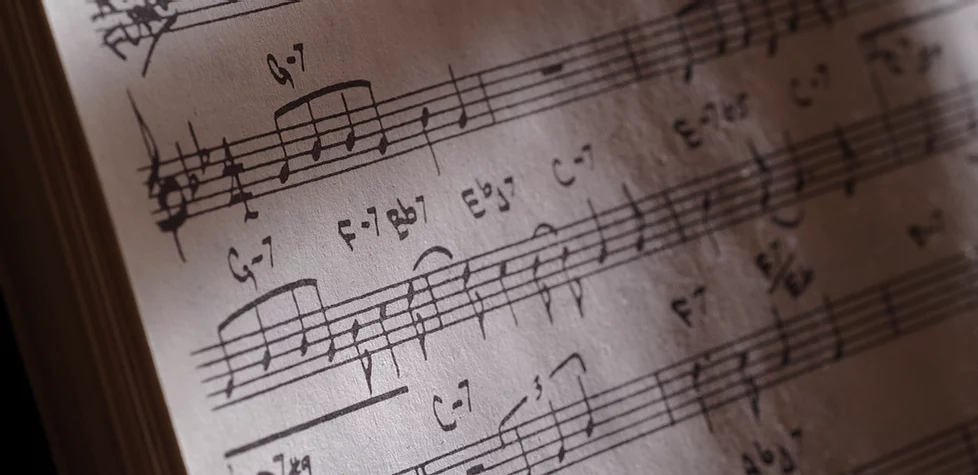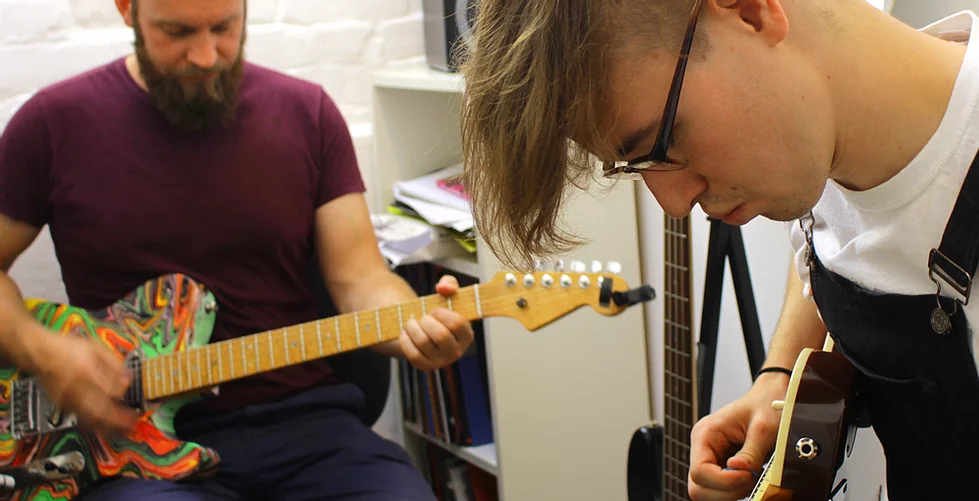Guitar grades allow for a student to track their ability – it’s a simple and effective tool ensuring you can recognise what level your playing is currently at. Furthermore, when learning to play guitar, grades can provide you with a specific goal to work towards which can be particularly useful if you hope to make a career out of your playing. But, this route is not right for everyone!
In today’s Guitarlab blog, we’ll be exploring the different routes available to you when learning this new instrument and the variety of grade courses you can take with us. It’s important you consider your motivations for picking up this new skill – and, remember at its heart, the process should remain fun! If you feel pressured into a particular progression path, you can quickly lose interest.
Why do students take exams and what do they include?
Guitar grades can be an excellent device to provide focus, motivation and an ultimate destination for your practice. When you have a specific time frame and a set syllabus, learning to play guitar will have a direct, clear purpose for you. What’s more, there is also a sense of self-satisfaction that students receive when they take the time to prepare for a particular exam and are then rewarded with a certificate.
There are 8 guitar grades, 8 being the very highest. The first grades start at about £38 and the highest grade is roughly £86.
NOTE: You don’t have to start with the very first grade if you are confident you have surpassed these already.
The exam is split into four different sections: practical performance, technical ability, aural skills and theoretical knowledge. With advanced grades, there may also be a sight-reading and improvisation section too. So, what do each of these actually mean for the student?
- Practical performance: Learn a set of pieces that you will then perform in front of an examiner.
- Technical ability: Another prepared section in which you will play a series of scales, arpeggios and exercises.
- Aural skills: Listening and answering questions in regard to what you’ve just heard, this may involve rhythm, time signature, intervals, key signatures and various guitar techniques.
- Theoretical knowledge: Ranging from basic awareness of your instrument to more advanced concepts of music theory.
Of course, dependent on the type of guitar you play, the type of grade and examining board will differ too – the main four in the UK are:
- Trinity College London (classical guitar)
- ABRSM (classical guitar)
- Rock School (rock, acoustic and jazz guitar)
- RGT (acoustic guitar and jazz guitar – diploma only)
When learning to play guitar, you can feel confident that these grades will serve you into the future. Throughout the calendar year, there are three opportunities to sit an exam and that can really focus your mind if you are struggling to motivate yourself. As a result of this scheduled goal, you’ll build an effective practice routine and develop life-long habits.
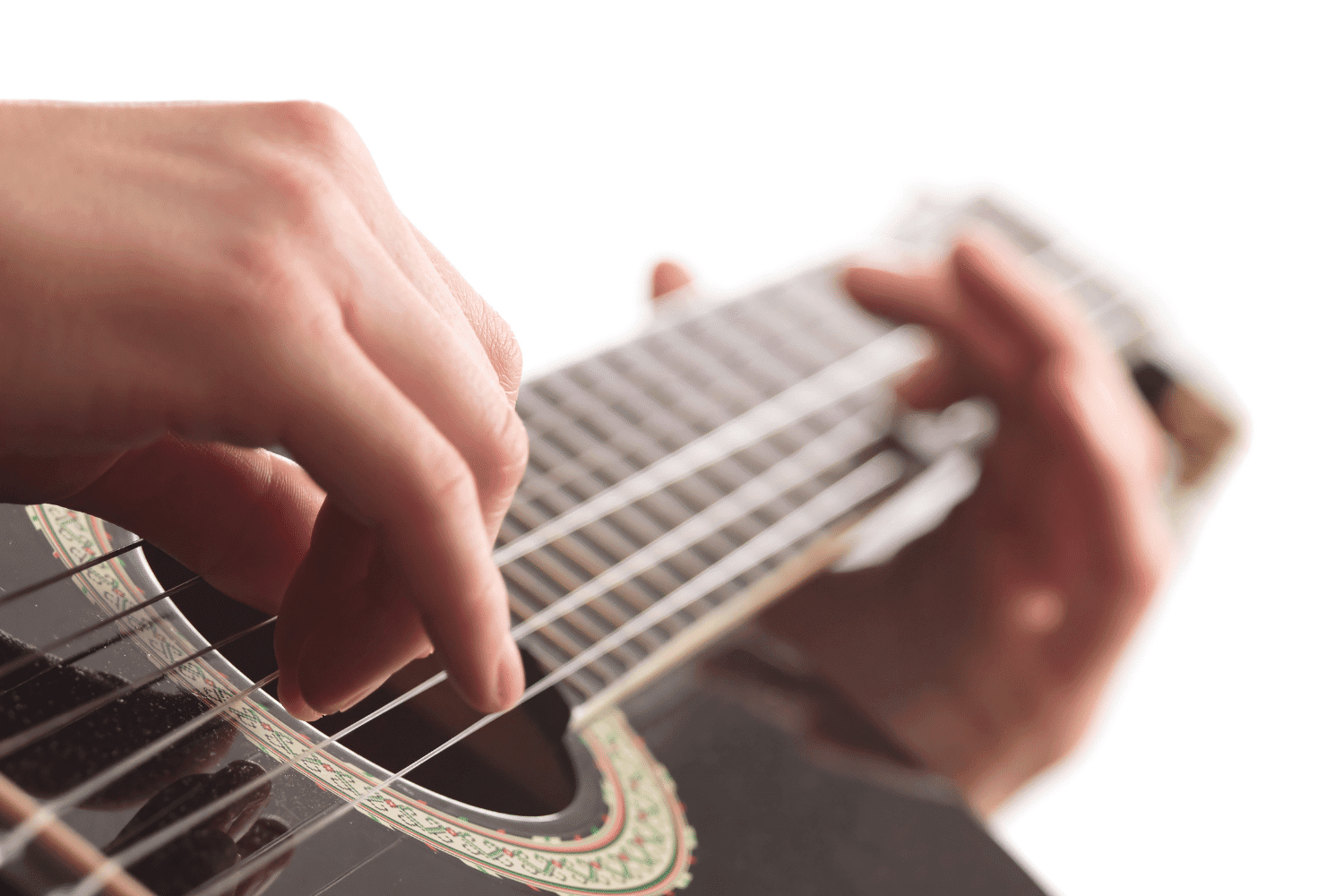
What are the benefits of grades?
We’ve already touched upon two of the most obvious benefits: motivation and a structured goal, but there are a variety of additional benefits that may influence your decision to take a guitar grade.
#1 Playing in a new environment
Many students find playing in front of people or in a new environment an incredibly stressful experience. But, if you are hoping to perform to a crowd – whether that be hundreds on stage or in front of friends at a dinner party, an exam can be a great first step to comfortably performing in public. Playing an instrument in front of an examiner will place you in a high-pressure situation, ultimately accustoming you to what you once would’ve considered a stressful situation: playing in an unfamiliar setting in front of an unfamiliar audience.
#2 Gain feedback from another’s perspective
Your guitar teacher will provide you with regular feedback during your sessions together, but an examiner will offer another perspective on your playing. They may be able to provide you with clear, insight in an alternative way that may assist with your future progression. In addition, this feedback can have a positive impact as you’ll see measurable results from your lessons and understand how to get more out of these sessions as you develop and grow as a musician.
#3 Structured practice
When you know exactly what you are aiming for you can efficiently organise and plan your practice. Following this set syllabus can see you focus your attention on a particular piece or perhaps perfecting a scale that you’ve been struggling with. Musicians of all levels can benefit from a structured, goal-oriented practice and building this habit will serve you in the future too. For example, you may have three songs to learn for an audition next week, or you need to write a new solo for a recording session. With the experience of goal-structured practice behind you, you’ll be able to successfully apply yourself to the task and get the right results without overly procrastinating!
#4 Work towards a goal and see progress
It’s easy to plateau quickly when playing the guitar if you pick up the instrument with no real purpose – without a goal, it can take a long time to improve. An exam will see you working hard to achieve a successful outcome and the results will showcase where you began to where you are now! Let’s say you have now passed grade four and you are studying towards grade five, just two years ago you were struggling with grade one. It’s clear to see the results of your dedication when you have a certificate as evidence.
#5 Secure your guitar knowledge with a set syllable
By following a set syllable, you’ll be pushed out of your comfort zone and challenged to play pieces you may have previously not considered. In addition, whilst theoretical knowledge is often the most dreaded part of the exam, it can really solidify your understanding of the instrument and provide you with a strong knowledge that can advance your playing. You’ll learn different terminology, rhythms and music concepts that you may have otherwise overlooked – perhaps you’ll discover a new passion with your learning!
However, you may be tempted to only play music and the skills required for the exam. But, this will not assist you in the long run as this will actually see you lessen your music knowledge – and, you will be less motivated to play. Ensure you vary your practice from day-to-day – perhaps you learn a song from your favourite musicians one day, then the next you work on your scales and arpeggios. Keep it interesting!
# 6 Target potential areas of weakness
We all like to focus on our strengths! But, to become a well-rounded musician it’s essential you also spend time enhancing areas you may initially struggle with. A grade will force you to work on aspects of your playing you may tend to avoid, and by practising you’ll be able to see significant improvement to these areas you previously regarded as a weakness. Of course, it’s important you still enjoy learning guitar! So, talk to your teacher about different exercises to ensure these trickier aspects don’t overwhelm you or dishearten you. This is why it is so crucial you communicate with your teacher, they will have been in the same position and can offer valuable insight.
How else can you measure progress when learning to play guitar?
Saying you’ll complete grades doesn’t automatically secure you with results, it will still take time and dedication! And, this route is not for everyone when picking up the guitar. Whilst many teachers try to encourage beginners to work towards a grade, it can be more successful to begin with the music you enjoy playing. Once you’ve secured a passion for the instrument, you can start to look at advancing your abilities and showcasing your playing through a recognised examination.
You can see results in a variety of different ways, the most important thing is to ensure you are progressing towards your own desired goal. This could be jamming along to your favourite musician, or writing your own music – whilst a grade may assist, it is not a necessity. Unlike driving, you certainly don’t need to pass an exam to play! What you should remember when setting any goal, is creating a measurable and specific target that is achievable. Your teacher will then be able to work with you to create an actionable plan, and together you can celebrate successes as you reach the next milestone. No matter how big or small, reaching a milestone and recognising this as an accomplishment will see you continue to enjoy the process of learning to play guitar.
Are you ready to take on the challenge and learn a new skill? Whether you want to take guitar grades or just want to work towards your own personalised goal, we can work with you to help you achieve this. Contact the team at Guitarlab at 01483 239935 or 07429 074072 and we’ll be more than happy to discuss our teaching services with you.

